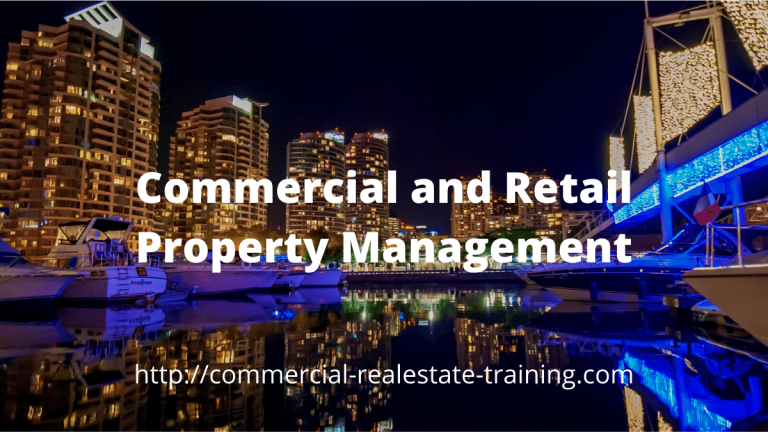Property Managers – Investment Property Budgets Must be Kept Under Control
When you manage office, industrial or retail property, the outgoings management process is critical to cash flow and property operations. Like it or not money has to be spent on many different things in investment property and at different times of the year; outgoings management is part of that process. A budget will help you stay on track with the flow of income and the required expenditure for the right reasons.
The landlords that ‘skimp’ on expenditure and don’t allow the correct levels of money to be spent on property maintenance only create other problems down the track; you can see those problems in poor property function and an increase in vacancy rates.
It is easy for tenants and customers to see elements of poor property expenditure and maintenance controls. To attract and maintain a good market rental in an investment property, the correct levels of maintenance should occur.
So what can happen when the property manager is not allowed to spend money on the building? Try some of these:
- Poor presentation
- Customer and tenant avoidance
- Poor rental returns
- Failing plant and machinery
- Higher costs of plant replacement
- Personal injury
- A lift in vacancy rates
- Landlord exposure to risk
- Non-compliance to building codes
- Higher energy costs and services to the property
Many a professional property manager has declined to manage a property where the landlord will not allow money to be spent correctly and effectively on property maintenance. A property manager can through association be equally liable when it comes to building failure, personal injury and asset damage. Choose your managed properties with care.
So the message here is that you can and should budget and plan your property expenditure with care. When the building budget is set and applied, all expenditure and budget decisions made can be controlled and timed.
To help you get the budget established, here are some of the more common maintenance costs to consider and occupancy factors to control:
- Municipal Rates and Taxes
- Energy (electricity and gas)
- Insurances
- Body Corporate or Strata Management Costs (if applicable)
- Plant and machinery function and maintenance contracts
- Public and Tenant Safety
- Building code compliances
- Capital works expenditure
- Plumbing and drainage
- Lifts and escalators
- Tenant safety and occupancy
- Fire and emergency evacuation
- Air conditioning (office hours and after hours)
- Water supply and sewer drainage
- Common area costs
- Car parking
- Lighting and Electrical systems
- The age and operation of the building
- Renovation plans
- Structural matters
- Maintenance contracts in place
- Management and Leasing fees
- The age and operation of installed plant and machinery
- Vacancy impacts on operational costs
With some properties there will be other issues to add to the list based on location and property type. Understand the asset, the landlord, the leases, and the tenants as part of assessing all of these things.





